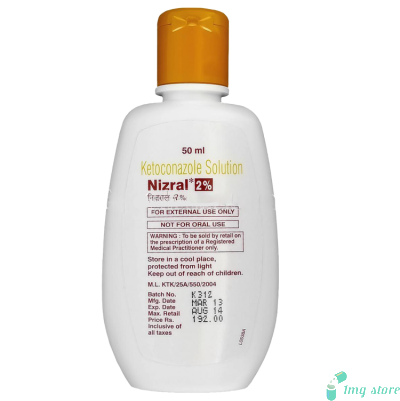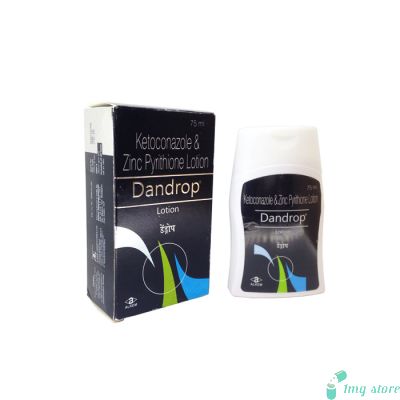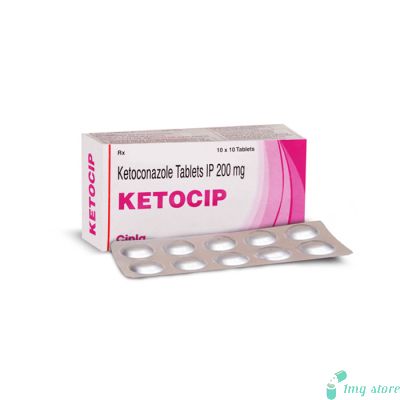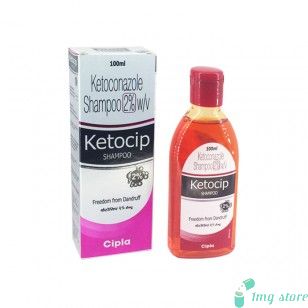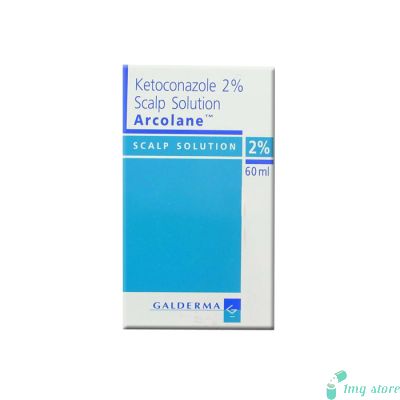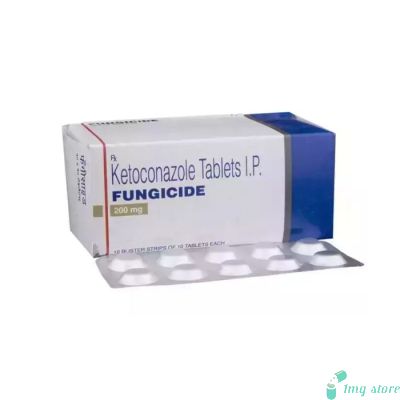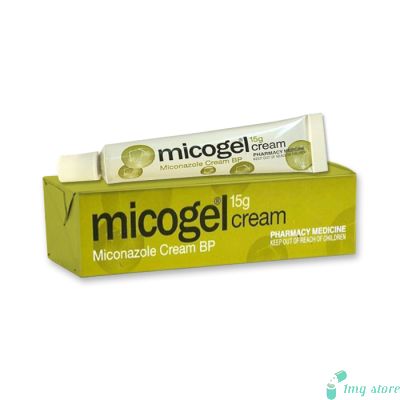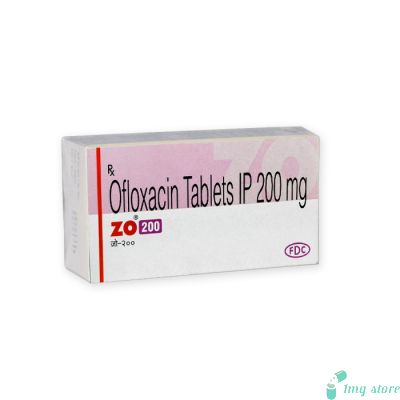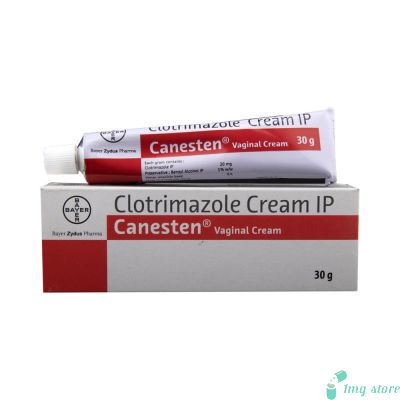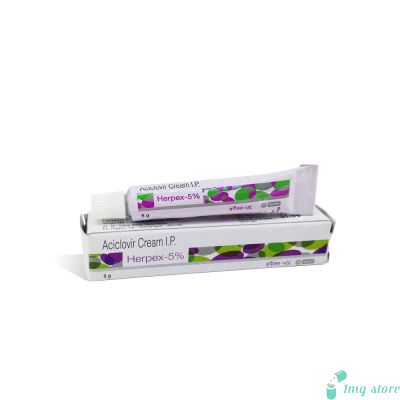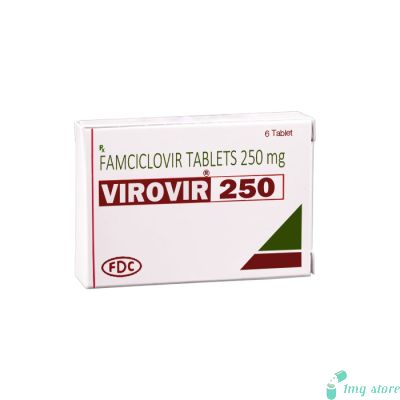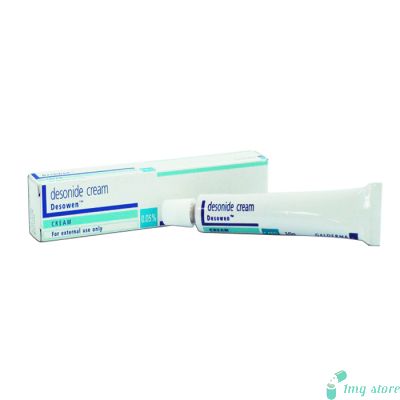Nizral Cream (Ketoconazole)
Buy Nizral Cream (Ketoconazole), commonly known by brand names Nizoral and Nizral, is a topical antifungal medication used to treat various fungal infections of the skin.
Introduction of Nizral Cream (Ketoconazole)
Ketoconazole cream, commonly known by brand names Nizoral and Nizral, is a topical Antifungal medication used to treat various fungal infections of the skin. It belongs to the class of imidazole antifungal agents and works by inhibiting the growth of fungi that cause infections. This comprehensive guide aims to provide a detailed overview of Ketoconazole cream, including dosage information, uses, potential side effects, precautions, and drug interactions.
How to use Ketoconazole cream?
Ketoconazole 2% cream is intended for external use only and should be applied to the affected area(s) of the skin. The dosage and duration of treatment may vary depending on the specific condition being treated. It is crucial to follow the healthcare provider's instructions and read the product label carefully. Generally, the following dosage guidelines are recommended:
- Clean and dry the affected area before applying the cream.
- Apply a thin layer of the cream to the affected area(s) and gently massage it in until it is absorbed.
- The cream is usually applied once or twice daily, as directed by the healthcare provider.
- Wash your hands thoroughly after applying the cream, unless the hands are the affected area.
- It is essential to complete the full course of treatment, even if symptoms improve before the prescribed duration. If there is no improvement after the recommended treatment period, consult a healthcare professional.
Ketoconazole Cream for Acne:
Ketoconazole cream is not typically used for treating acne. While it is effective against fungal infections, acne is primarily caused by bacteria and inflammation. Dermatologists usually recommend other topical treatments or oral medications specifically designed for acne management, such as benzoyl peroxide, salicylic acid, or antibiotics.
Ketoconazole Cream for Seborrheic Dermatitis:
Ketoconazole cream is commonly prescribed for seborrheic dermatitis, a skin condition characterized by red, flaky patches often found on the scalp and face. Its antifungal properties help to reduce the overgrowth of yeast on the skin, alleviating symptoms like itching and scaling associated with seborrheic dermatitis.
Before using Nizral Cream (Ketoconazole), consider the following precautions:
- Allergies: Inform your healthcare provider if you have a history of allergies to ketoconazole or any other antifungal medications.
- Pregnancy and Breastfeeding: Consult a healthcare professional before using ketoconazole cream/Nizoral if you are pregnant, planning to become pregnant, or breastfeeding.
- Medical Conditions: Inform your healthcare provider of any underlying medical conditions, especially liver disease, prior to using ketoconazole cream.
- Avoid Contact with Eyes: Ketoconazole cream is for external use only. Avoid contact with the eyes, nose, mouth, and other mucous membranes. If accidental contact occurs, rinse thoroughly with water.
Interactions with Other Medications: Inform your healthcare provider about any other medications, both prescription and over-the-counter, that you are taking. Certain medications may interact with ketoconazole cream.
Some of the specific indications for Nizral Cream (Ketoconazole) include
Ketoconazole cream/Nizoral is primarily used to treat various skin fungal infections, including but not limited to:
- Tinea Infections: These are commonly known as ringworm infections and include conditions such as athlete's foot (tinea pedis), jock itch (tinea cruris), and ringworm (tinea corporis).
- Seborrheic Dermatitis: This is a skin condition characterized by red, flaky patches on the skin, commonly found on the scalp (dandruff) and face.
- Yeast Infections: Ketoconazole cream can also be used to treat yeast infections, including cutaneous candidiasis.
- Other Fungal Infections: It may be prescribed for other fungal infections as determined by a healthcare provider.
Some of the Secondary Effects of Nizral Cream (Ketoconazole)
While ketoconazole cream/Nizoral is generally well-tolerated, some individuals may experience side effects. Common side effects include:
- Skin Irritation: Mild redness, itching, or burning at the application site.
- Dry Skin: Excessive dryness or peeling of the skin.
- Allergic Reactions: Rarely, individuals may experience allergic reactions such as rash, swelling, or hives.
If any of these side effects persist or worsen, discontinue use and seek medical attention. It is essential to discuss any concerns with a healthcare professional before using the cream.
Frequently Asked Queries About Nizral Cream (Ketoconazole)
Can Ketoconazole Cream be Used for Acne Treatment?
No, ketoconazole cream is not suitable for treating acne. It targets fungal infections, whereas acne is caused by bacteria and inflammation. Dermatologists recommend acne-specific treatments like benzoyl peroxide or salicylic acid for effective acne management.
Is Ketoconazole Cream/Nizoral Effective for Seborrheic Dermatitis?
Yes, ketoconazole cream/Nizoral is commonly prescribed for seborrheic dermatitis. Its antifungal properties help control yeast overgrowth on the skin, reducing redness, flakiness, and itching associated with this condition, particularly on the scalp and face.
Can I Purchase Ketoconazole Cream Over-the-Counter?
Yes, certain formulations of ketoconazole cream are available over-the-counter (OTC) for mild fungal infections like athlete's foot and jock itch. However, for more severe or persistent skin issues, it's advisable to consult a healthcare professional for proper diagnosis and treatment.
Are There Any Side Effects of Ketoconazole Cream?
While generally well-tolerated, ketoconazole cream may cause mild skin irritation, dryness, or allergic reactions. If these persist or worsen, discontinue use and consult a medical professional. It's essential to follow usage instructions and report any adverse effects promptly.
Can Ketoconazole Cream Interact with Other Medications?
Yes, ketoconazole cream can interact with certain drugs, like corticosteroids or antifungal medications, affecting efficacy or causing adverse effects. Inform your healthcare provider about all medications you're taking to prevent potential interactions.
Some known interactions with Nizral Cream (Ketoconazole) include:
Ketoconazole cream may interact with other medications, potentially affecting their efficacy or causing adverse effects.
- Corticosteroids: Using ketoconazole cream/Nizoral with corticosteroids may increase the risk of skin thinning or other Skin-Infection.
- Antifungal Medications: Concurrent use of other antifungal medications, such as oral ketoconazole or fluconazole, may lead to an increased risk of adverse effects.
- Warfarin: Ketoconazole cream may interact with warfarin, a blood-thinning medication, potentially affecting its anticoagulant effect.
- Cimetidine: Cimetidine, a medication used to reduce stomach acid, may increase the concentration of ketoconazole in the body.
- Other Topical Preparations: Avoid using other topical products on the same area simultaneously, unless instructed by a healthcare provider.
It is crucial to inform your healthcare provider about all medications you are taking to prevent potential drug interactions.
Ketoconazole Over-the-Counter:
In some regions, certain formulations of ketoconazole cream may be available over-the-counter (OTC) without a prescription. These OTC creams are generally intended for the treatment of mild fungal skin infections like athlete's foot and jock itch. However, for more severe or persistent conditions, it is recommended to consult a healthcare professional for proper diagnosis and treatment guidance.
| Manufacturer | : | Johnson & Johnson, India |
| Equivalent Brand | : | Nizoral |
| Generic Search | : | Ketoconazole |









